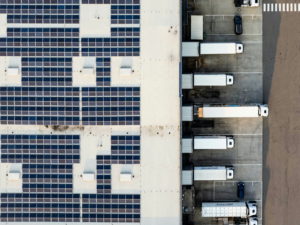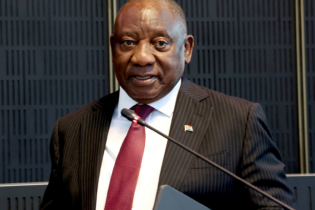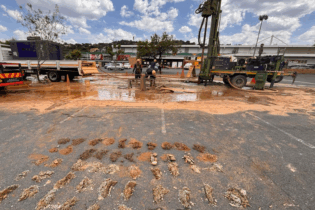A presentation to parliament from the South African Photovoltaic Industry Association (SAPVIA) heard more information about the slowdown in solar PV installations recorded in the residential space, since the suspension of load shedding. The presentation on Wednesday was made to the Portfolio Committee on Electricity and Energy.
“As an industry body that speaks for its members, it was important for us to share these updates with the committee. We raised concern about the low compliance and registration rates as many systems connected to distribution networks remain unregistered, with non-compliance prevalent in the residential market. There is an inconsistent installation quality with a large variation in system installation quality and electrical safety across installation industry and municipalities. “By our estimates there has been a 60-80% reduction in project volumes in the residential market segment from 2023 to 2024, attributed to the reduced demand following the suspension of loadshedding,” says Dr Rethabile Melamu, CEO of SAPVIA. There were also very specific and key interventions that SAPVIA lobbied for, in their presentation to the committee. “We called for solar investment incentives that offer tax benefits and grants for installations, specifically targeting middle income households. We believe a national SSEG (small-scale embedded generation) framework will help standardize system registration and compliance across municipalities, and a national registration portal could help streamline this process.“A national Solar PV registration online portal and database would streamline and enable registration of all Solar PV systems, especially in municipalities lacking capacity to develop internal systems. A similar project in India has shown what could be achieved through such an online portal.“We also support and welcome an update to the National Installation Standard (SANS 10142-1). The SABS is aiming for an updated version by the end of 2024, which would clarify the requirements for grid connected solar PV and BESS systems and improve compliance,” says Melamu. Another issue raised by SAPVIA was the 10% import duty and rebate that was introduced in July 2024.
“We expressed our disappointment with the lack of consultation prior to its introduction. The sector was not prepared, and it appears that ITAC was equally unprepared as five months since the introduction, there are still no clear guidelines for the rebate permits process. The rebate permits are issued per shipment, which is not ideal and causes some uncertainty amongst members and delays in project execution,” says Melamu.
“Nonetheless we are engaging ITAC on the matter.” “SAPVIA has had several positive engagements with the International Trade Administration Commission (ITAC) since the introduction of the rebate including online meetings and information sharing sessions. ITAC has committed to issuing import permits per consignment until the end of January 2025 until a reliable process has been finalized. Also, the current pipeline of projects far outstrips the current local assembly capacity which is estimated at less than 15%,” says Melamu. SAPVIA acknowledges the government’s desire to protect the solar PV manufacturing capability and to expand it in the medium to long term in line with the ideals of the South African Renewable Energy Masterplan. This however should be focused on areas of the value chain where SA already has capabilities and capacity as the establishment, investment, and construction of factories has long lead times. SAPVIA is closely monitoring the solar PV market stakeholder’s response to the import duty and rebate. “Solar PV has significant potential to solve South Africa’s energy trilemma, provided regulatory and policy barriers are addressed. Furthermore, Solar PV can supply local manufacturers across the manufacturing economy with ,cheap, clean, and reliable energy that simultaneously keeps them globally competitive while also protecting local manufacturing jobs amidst the introduction of global carbon border tax mechanisms. “Let us work together to create a robust, sustainable Solar PV ecosystem that secures our energy independence and meets environmental commitments,” says Melamu. Did you miss the presentation? Learn more about the presentation here (PDF Download).






